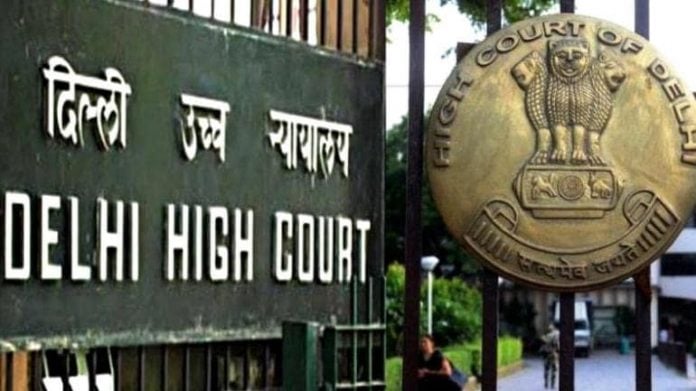The Delhi High Court has rejected the plea of a Bulgarian man seeking the expediting of his extradition to his country. The Court said the request for an expedited surrender and extradition cannot be allowed until he continues to be an accused in three FIRs lodged against him in Goa.
A single-judge bench of Justice Prathiba M. Singh rejected the plea of the Bulgarian convicted in India to expedite his extradition to his homeland (Bulgaria) made by the Republic of Bulgaria to the Union of India. It was noted that the Union of India has already clarified that the petitioner cannot be extradited to Bulgaria in view of the three pending FIRs in Goa and the said cases are pending before the domestic fora.
The Court also stated that the dismissal of his extradition request would not prejudice or bar the petitioner from approaching the appropriate fora to avail of the benefit of the orders granting bail as also permission to travel abroad, in accordance with law.
The case of the petitioner was that a request was received by the UOI from Ministry of Justice, Government of Bulgaria through diplomatic channels requesting for extradition of the Petitioner. Upon request, the Government under Section 5 of the Extradition Act, 1962 had requested the Additional Chief Metropolitan Magistrate (ACMM), Patiala House Courts, New Delhi to enquire into the extradition request relating to the petitioner, in view of the offences involved, by determining as to whether a prima facie case for extradition is made out against the accused, in accordance with the provisions of the Act and the Extradition Treaty between the Union of India and the Government of Bulgaria.
The aforesaid request was considered by the ACMM and ordered the recommendation for extradition during November 2020 but still the process of extradition has not been given effect to.
Tanya Aggarwal, the counsel for the petitioner, argued that once an order of extradition is passed under Section 5 of the Act by the ACMM, the petitioner was supposed to be discharged. Of the three FIRs filed in different cases, bail was granted to the petitioner in all three and permission to travel abroad was also given, except in one case. It was submitted by the counsel that by the time application was moved for permission to travel abroad, the petitioner had already been taken into custody for being produced in Delhi, due to the warrant issued by the ACMM in Delhi pursuant to the inquiry conducted on the basis of the extradition request issued by the Government of Bulgaria. It was also stated that the co-accused in three cases is already out on bail and given permission to travel abroad.
Rajeev Sharma, the counsel appearing for UOI, submitted that as per Section 31(1) (d) of the Act, unless and until the accused has been acquitted or his sentence has expired in the said cases, he cannot be permitted to be discharged or to travel in pursuance of the extradition order. It was also argued that the extradition request by the Govt. of Bulgaria, itself shows that the Petitioner is wanted in serious offences in Bulgaria, including the allegation that he was the leader of an organised criminal gang dealing in narcotics. Further emphasis is levied upon the allegations in the other three FIRs pending in Goa, to argue that even despite the fact that he moved from Bulgaria to India he continued to indulge in criminal activities, and hence the present case is not a case for permitting the petitioner to be discharged or for his extradition to be expedited.
The Court observed, “Extradition, in no way, means or involves releasing an accused fugitive into freedom and granting them liberty, but rather merely involves handing over the accused from the police in one state, to another, for being tried for the offences that have been committed by the accused fugitive in the requesting state.”
The court further asserted that, “as the pendency of all these three FIRs is not disputed and the fact is that the Petitioner is still being tried for the said offences under the three FIRs, it is clear that the criminal proceedings against him have not concluded and he has not been conclusively discharged. The charges which have been levelled against him in the said FIRs are still under investigation, and he has not been acquitted or discharged in the same.”
bulgaria

